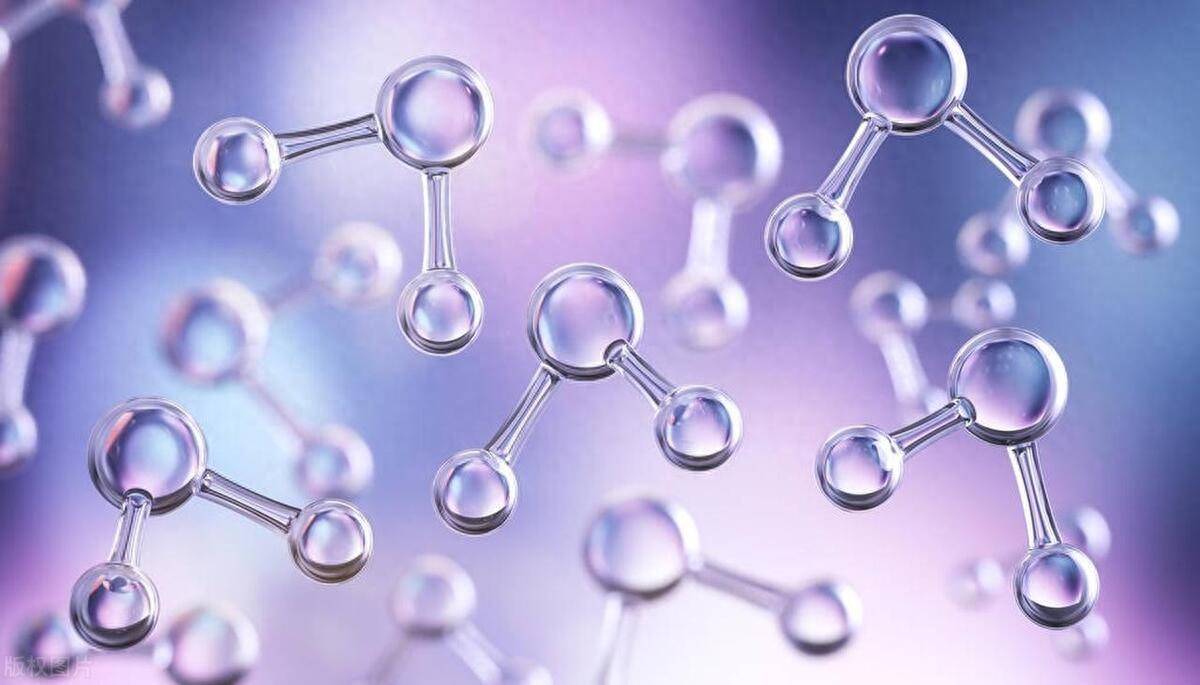What Are the Disadvantages of Peptides?
While peptides can offer numerous benefits, including improved skin health, muscle growth, and joint repair, they are not without their disadvantages. Understanding the potential downsides is essential for making an informed decision about incorporating peptides into your routine.
One of the most significant disadvantages is the potential for side effects. For individuals using peptides for muscle growth, common side effects include hormone fluctuations, such as mood swings, fatigue, and reduced libido, which can occur if peptides stimulate too much growth hormone release. Overuse of peptides like CJC-1295 or Ipamorelin may lead to a condition called acromegaly, where body tissues grow excessively, which can cause joint pain, thickened skin, and abnormal growth of the hands and feet. Long-term overuse of peptides can also result in pituitary dysfunction, impairing the body’s ability to naturally produce growth hormone, which could require lifelong hormone replacement therapy.
Another disadvantage is the issue of bioavailability. While collagen peptides have been shown to be more bioavailable and easier for the body to absorb compared to whole collagen, some peptides are still poorly absorbed and may require higher doses or more frequent administration to achieve the desired effects. Additionally, some peptides need to be injected, which can be inconvenient and uncomfortable for those who are not accustomed to self-injection.
Peptide supplements are also costly. High-quality peptide products, especially those designed for medical or athletic purposes, can be expensive. This, combined with the need for regular use to see results, can make peptides a significant investment for individuals seeking long-term benefits.
Finally, the market for peptides is still somewhat under-regulated, which means not all peptide products are created equal. The lack of stringent oversight means that some products may be contaminated or not contain the promised amount of active ingredients, leading to a risk of ineffective treatments or exposure to harmful substances.

Who Needs Peptides?
Peptides can be beneficial for a wide range of individuals, particularly those who are looking to improve their skin health, boost muscle growth, or address joint issues. Understanding who can benefit most from peptides depends on specific health goals.
- People Seeking Anti-Aging Solutions: One of the most common uses for peptides is in anti-aging treatments. As we age, our natural collagen production decreases, leading to the formation of wrinkles, sagging skin, and other visible signs of aging. Peptides can help stimulate collagen production, improve skin elasticity, and reduce fine lines. This makes peptides particularly beneficial for individuals in their 30s and older who are concerned with maintaining youthful, radiant skin.
- Fitness Enthusiasts and Bodybuilders: Peptides are also widely used by individuals involved in strength training, bodybuilding, or fitness regimens to enhance muscle growth and fat loss. Peptides like growth hormone-releasing peptides (GHRPs) and certain collagen peptides can promote muscle repair and regeneration after workouts, improve joint health, and even support fat loss. These benefits make peptides an attractive option for athletes looking to accelerate their recovery or optimize their performance.
- Individuals with Joint and Bone Health Concerns: Collagen peptides are commonly used by people experiencing joint pain, osteoarthritis, or other conditions that affect cartilage and connective tissues. By promoting collagen synthesis, these peptides help support joint health, improve flexibility, and alleviate discomfort associated with age-related joint degeneration. Peptides can also aid in bone health, as collagen plays a significant role in maintaining bone mass and strength.
- People with Skin Conditions: People suffering from skin conditions like eczema, acne scars, or stretch marks may also benefit from collagen and collagen peptide supplements. These peptides can help support skin repair and regeneration, leading to healthier, more resilient skin. Individuals looking to improve their skin’s texture, elasticity, and hydration might find peptides to be an effective addition to their skincare regimen.
In conclusion, peptides are versatile and effective for a variety of purposes, from improving skin appearance to supporting muscle growth and joint health. However, before starting peptide therapy, it is crucial to consult with a healthcare professional to ensure they are appropriate for your specific needs and health condition.
Are Peptides Safe to Take?
The safety of peptides largely depends on the type of peptide, its intended use, and whether the user is following the correct dosage. In general, peptides are considered safe when used as directed, but there are some considerations to keep in mind to ensure safety.
For those using peptides in skincare, topical peptides are generally well-tolerated, with few adverse effects. These peptides are often applied in low concentrations, and because they only interact with the surface layers of the skin, the risk of side effects is minimal. However, some individuals may experience irritation or allergic reactions, particularly if they have sensitive skin or if they are using products that combine peptides with other active ingredients. As with any skincare product, it is important to patch test new peptides before applying them widely.
For individuals using peptides in muscle growth or fat loss, the safety profile is more complex. While many peptides, such as growth hormone-releasing peptides (GHRPs), have been shown to be effective at stimulating muscle growth, they also come with potential risks. Misuse or overuse of peptides can lead to serious health issues, including hormonal imbalances, increased risk of cardiovascular disease, and damage to the pituitary gland. Furthermore, not all peptides are approved by regulatory authorities like the FDA, and the long-term effects of peptide use, particularly at higher doses, are not fully understood.
To ensure safety, individuals considering peptide supplementation should only use products from reputable sources, follow recommended dosages, and consult with a healthcare provider before beginning a new peptide regimen. This is especially important for people with underlying medical conditions such as diabetes, heart disease, or autoimmune disorders, as peptides may interact with medications or exacerbate certain health issues.

Can I Use Peptides Everyday?
Peptides are rapidly gaining popularity in both skincare and fitness communities due to their various health benefits. But one of the most common questions people have is whether it is safe or effective to use peptides every day.
In short, yes, peptides can typically be used every day, but the frequency of use depends on the type of peptide, the condition being treated, and the individual’s specific needs. For skincare, peptides such as collagen peptides or acetyl hexapeptide-3, found in anti-aging serums, can be used daily as part of a regular skincare routine. When used in appropriate concentrations, peptides help stimulate collagen production, reduce wrinkles, and promote skin elasticity. Many skincare brands offer formulations that are designed for daily use, which are generally safe and well-tolerated when incorporated into morning or evening routines.
For those using peptides in the context of muscle growth or body composition, daily use may depend on the specific peptide being administered. Peptides like CJC-1295 or Ipamorelin, which encourage the release of growth hormone, are commonly used on a daily or alternate-day basis. However, it’s important to follow the dosing instructions carefully to avoid overstimulation of hormone production. Overuse of certain peptides could potentially lead to hormonal imbalances, fatigue, or other unwanted side effects.
Ultimately, the key to using peptides effectively and safely on a daily basis is to tailor their use to your specific goals, monitor for side effects, and consult with a healthcare professional, especially when introducing new peptides into your regimen.
Conclusion
Peptides offer a host of potential benefits, from boosting collagen production to aiding muscle growth and improving skin health. However, as with any supplement or skincare treatment, it’s important to understand the benefits, risks, and proper usage to ensure safety and effectiveness. Whether you’re looking to reduce the signs of aging, enhance your fitness results, or improve joint health, peptides can be a powerful tool when used correctly. Always remember to consult a healthcare professional before incorporating peptides into your routine to ensure you’re using them in the safest and most effective way possible.



